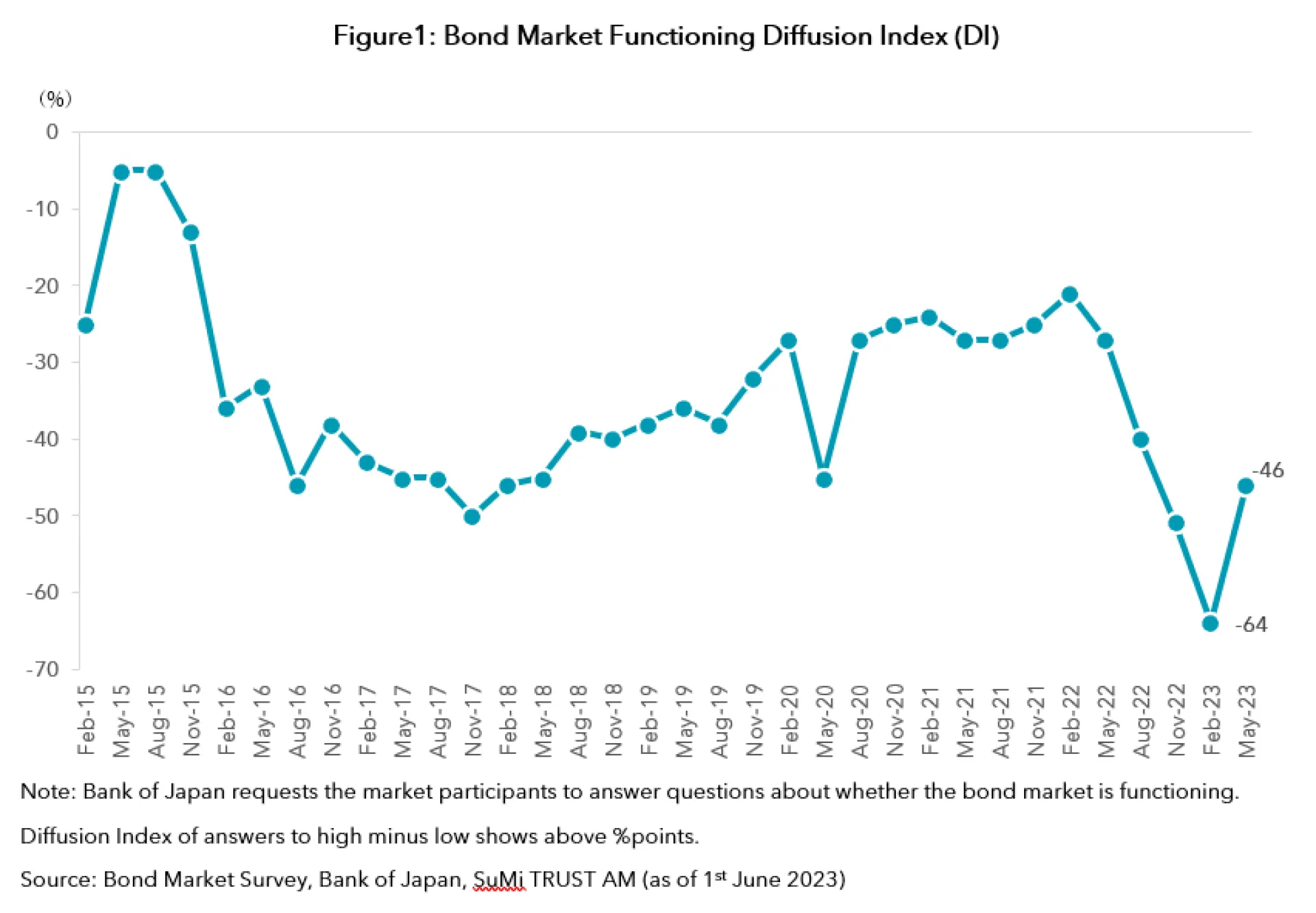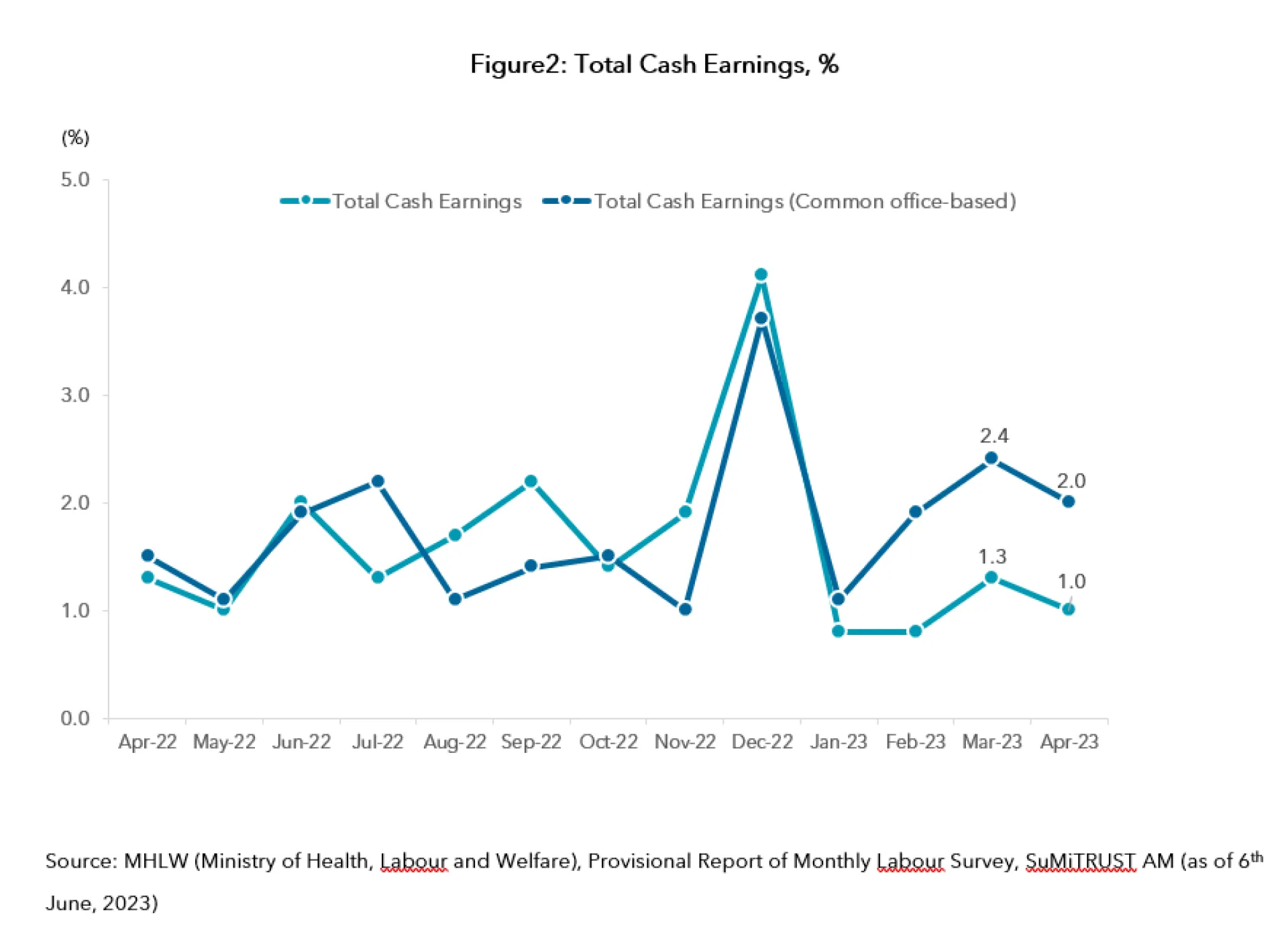This marketing communication is issued by Sumitomo Mitsui Trust International Limited (“SMTI”). SMTI is authorised and regulated by the United Kingdom’s Financial Conduct Authority (the “FCA”), whose address is 12 Endeavour Square, London, E20 1JN, United Kingdom.
This marketing communication has been made available to you only because SMTI has classified you as a professional client in accordance with the FCA’s rules. If you have received this marketing communication from a source other than SMTI, you should contact SMTI before using it or relying on it. You must not send this marketing communication to any other person without first having received written approval from SMTI.
The information contained in this marketing communication (the “Material”) is being made available for information purposes only and is designed to provide information on the investment services which SMTI may offer to clients. Nothing in the Material amounts to or should be construed as an actual offer by SMTI to provide any investment services to any person. If SMTI agrees to provide any investment services to any person, those services will be the subject of a separate written agreement between SMTI and that person. Furthermore, the Material has not been prepared with any consideration of the individual circumstances of any person to whom it is communicated. Accordingly, it is not intended to, and does not, constitute a personnel recommendation in relation to the purchase or sale of, or exercise of any rights in relation to, any financial instruments or advice in relation to any investment policy or strategy to be followed. The Material also does not contain the results of any investment research carried out by SMTI and is not intended to amount to a financial promotion of any particular financial instrument which may be referred to in it.
While SMTI uses all reasonable endeavours to ensure the Material is accurate, it has not been prepared with a view to any person relying on it. Accordingly, SMTI accepts no responsibility for any loss caused to any recipient of this document as a result of any error, inaccuracy or incompleteness in the Material, nor for any error in the transmission or receipt of this communication.
Any enquiries regarding the products should be made to:
Hirofumi Hayashi
Head of Investment Management Department
Sumitomo Mitsui Trust International Limited
155 Bishopsgate, London EC2M 3XU, United Kingdom
Direct: +44 20 7562 8405
Email: imd@smtil.com
Sumitomo Mitsui Trust International Limited is authorised and regulated by the
Financial Conduct Authority
© Sumitomo Mitsui Trust International Limited 2025



